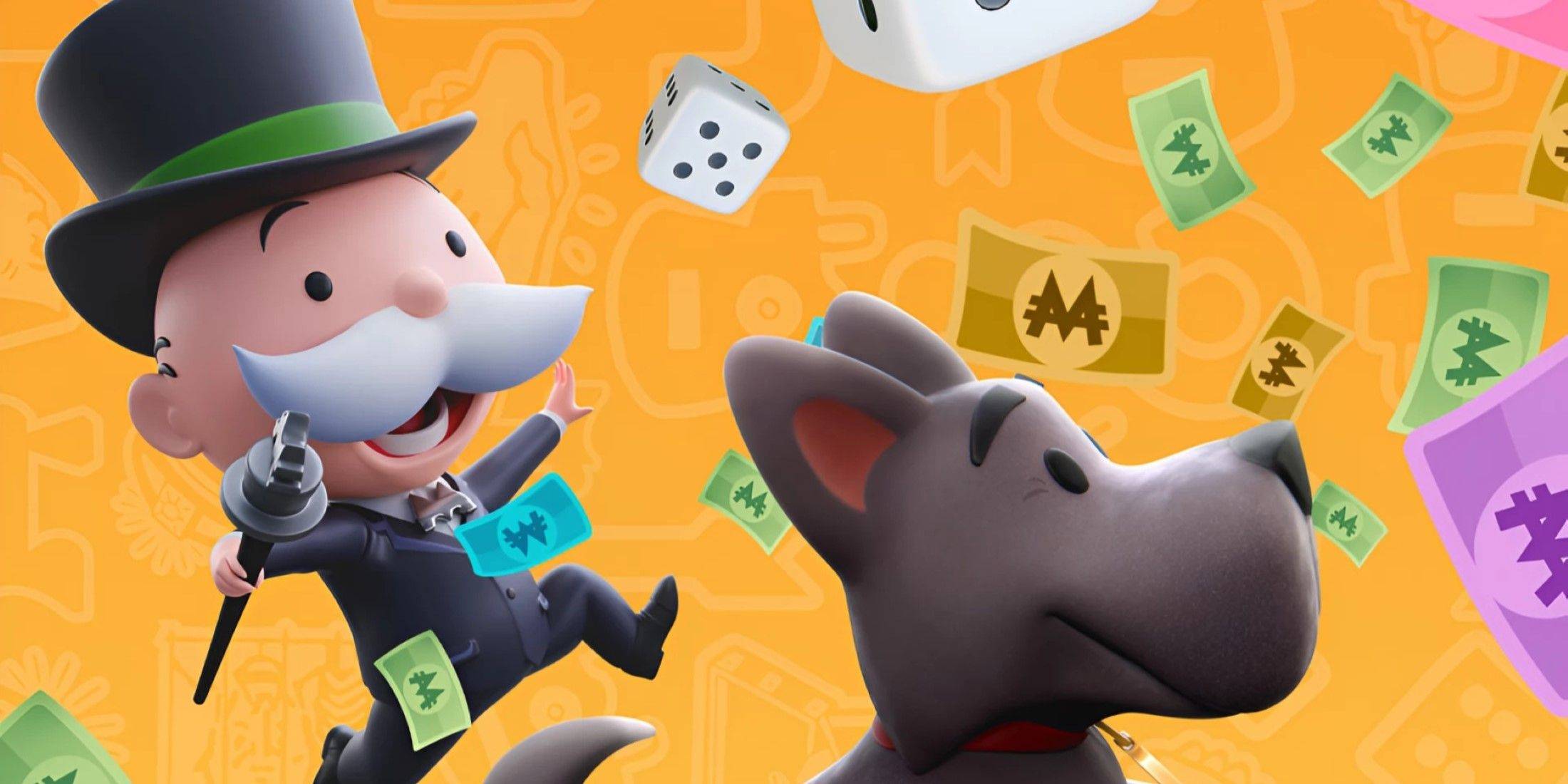
A $25,000 Monopoly GO Spending Spree Highlights Microtransaction Risks
A recent incident highlights the potential financial pitfalls of in-app purchases in mobile games. A 17-year-old reportedly spent a staggering $25,000 on Monopoly GO microtransactions. While the game is free to download, its aggressive microtransaction model allows players to accelerate progress and unlock rewards through in-app purchases. This case underscores the rapid accumulation of spending that can occur in such games.
This isn't an isolated incident. Other players have shared similar experiences, with one reporting a $1,000 expenditure before abandoning the app. However, the $25,000 spent by the teenager significantly surpasses previous reports, demonstrating the substantial financial risk involved.
A Reddit post (since removed) detailed the situation, prompting discussion about the difficulty of obtaining refunds for unintentional purchases. Many commenters noted that Monopoly GO's terms of service likely hold users responsible for all transactions, a common practice in the freemium gaming model. This mirrors the revenue model of other successful titles, such as Pokemon TCG Pocket, which generated $208 million in its first month through microtransactions.
The Controversy Surrounding In-Game Microtransactions
The Monopoly GO incident adds to the ongoing debate surrounding in-game microtransactions. The practice has faced criticism before; in 2023, a class-action lawsuit against Take-Two Interactive over NBA 2K's microtransaction system resulted in a settlement, with a similar lawsuit settled the previous year. While this Monopoly GO case is unlikely to reach the courts, it reinforces concerns about the potentially exploitative nature of these models.
The industry's reliance on microtransactions is driven by their high profitability. Diablo 4, for example, generated over $150 million in microtransaction revenue. The strategy of encouraging small, incremental purchases proves more effective than requiring larger upfront payments. However, this very characteristic also fuels criticism, as it can lead to unintentional overspending.
The Reddit user's chances of a refund appear slim. The incident serves as a cautionary tale, emphasizing the ease with which significant sums can be spent in games employing similar microtransaction mechanics.






